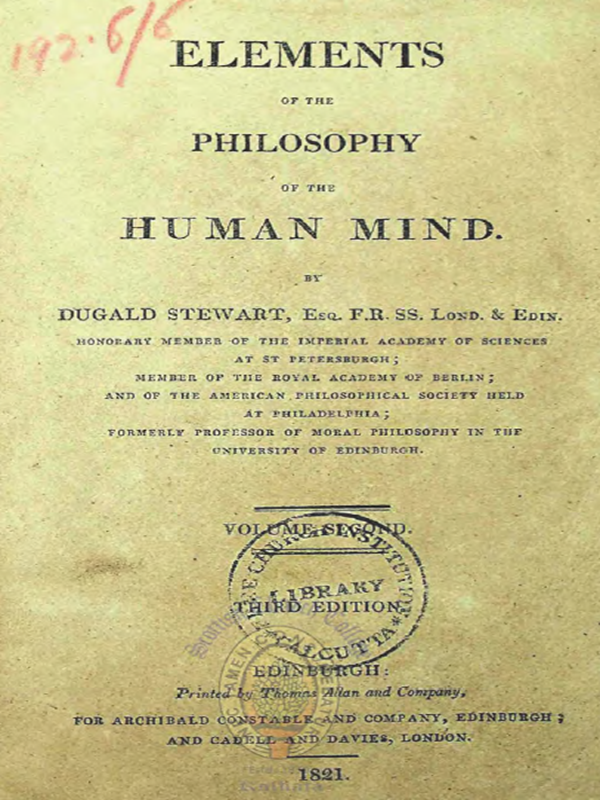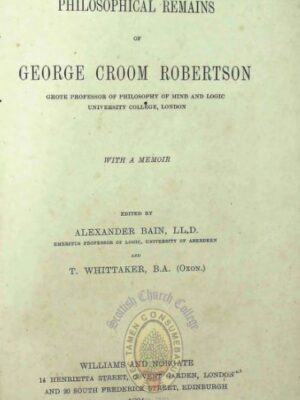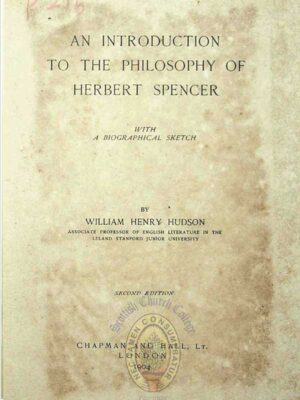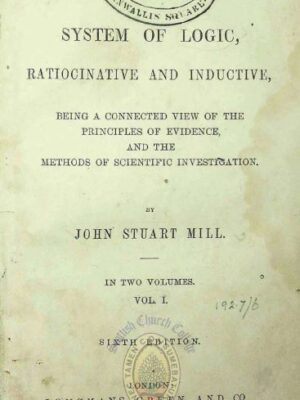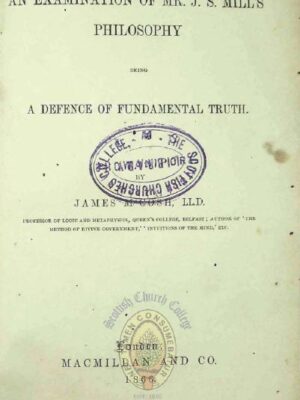Description
Elements of the Philosophy of the Human Mind (Volume I) by Dugald Stewart is a foundational work in the field of philosophy of mind and early modern psychology. In this volume, Stewart explores the faculties of the human mind, focusing on perception, memory, imagination, and reasoning. His analysis is deeply rooted in the Scottish Enlightenment tradition, influenced by philosophers such as Thomas Reid and David Hume.
Stewart’s work aims to systematize the study of the human mind, separating it from metaphysical speculation and grounding it in empirical observation. He discusses the nature of mental operations, the influence of language on thought, and the relationship between sensation and cognition. The clarity of Stewart’s writing and his methodical approach make this book a key text in understanding the development of psychological and philosophical thought in the 18th and 19th centuries.
This first volume is essential for anyone interested in the evolution of modern philosophy, psychology, and cognitive science. It lays the groundwork for subsequent volumes, where Stewart continues to expand on his theory of mind.

